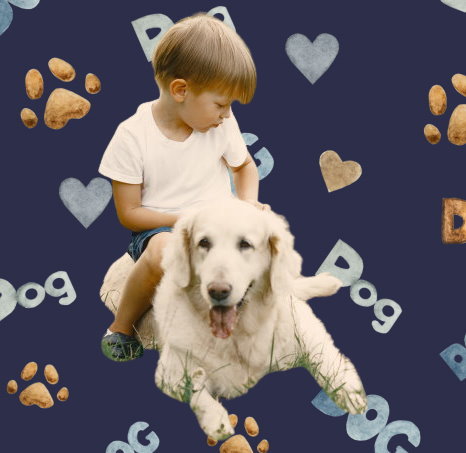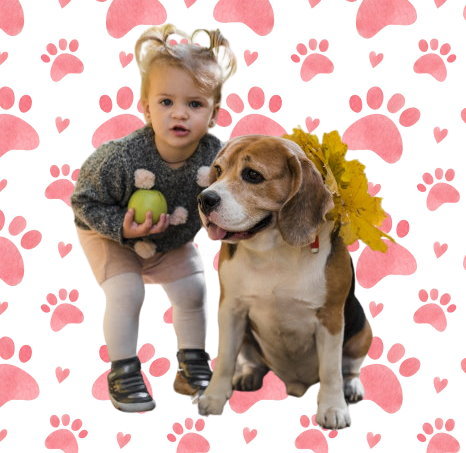Welcome to Dog Training Newbies !
Welcome to Dog Training Newbies !

As our beloved dogs age, they may experience changes in behavior and mental sharpness similar to dementia in humans. This condition, known as Canine Cognitive Dysfunction (CCD), can be challenging for both pets and their owners. Understanding the symptoms and management strategies can help improve the quality of life for aging dogs.
RECOGNIZING SYMPTOMS OF CANINE COGNITIVE DYSFUNCTION
CCD often manifests through various behavioral changes. One of the most common symptoms is disorientation. Dogs may seem confused in familiar environments, getting lost in the house or stuck in corners. Changes in sleep patterns are also typical, with dogs sleeping more during the day and being restless or awake at night.
Another sign is alterations in social interactions. Dogs with CCD might become less responsive to their owners or other pets, showing decreased interest in play or affection. Additionally, they may forget learned behaviors, such as house training, leading to accidents indoors.
Increased anxiety and irritability can also indicate CCD. Affected dogs might become more sensitive to noise or touch and may start pacing or displaying repetitive behaviors. If your dog exhibits any of these symptoms, it’s crucial to consult a veterinarian for a proper diagnosis.


MANAGING CANINE COGNITIVE DYSFUNCTION
While there is no cure for CCD, several management strategies can help alleviate symptoms and improve your dog’s quality of life. Dietary changes can be beneficial. Foods rich in antioxidants, omega-3 fatty acids, and other nutrients may support brain health. Many commercial diets are formulated specifically for senior dogs with cognitive concerns.
Mental stimulation is vital for keeping your dog’s mind active. Engage them in activities that challenge their cognitive abilities, such as puzzle toys, training exercises, and interactive games. Consistent routines can also reduce confusion and anxiety, helping your dog feel more secure.
Regular physical exercise is important for maintaining overall health and can help reduce anxiety and restlessness associated with CCD. Tailor exercise routines to your dog’s abilities, focusing on low-impact activities like short walks or gentle play sessions.
Medications and supplements might be recommended by your veterinarian to help manage symptoms. Some drugs can enhance cognitive function or reduce anxiety, while supplements like SAMe or phosphatidylserine may provide additional support.
Creating a safe and comfortable environment is crucial. Ensure your home is easily navigable for your dog, removing obstacles and providing soft bedding. Consider using night lights to help them move around safely after dark.
Lastly, patience and understanding are key when caring for a dog with CCD. As their caregiver, offering love and reassurance can make a significant difference in their comfort and well-being.
Addressing Canine Cognitive Dysfunction requires a multifaceted approach, including dietary changes, mental stimulation, and a supportive environment. By recognizing the symptoms early and implementing effective management strategies, you can help your dog navigate their senior years with dignity and comfort.